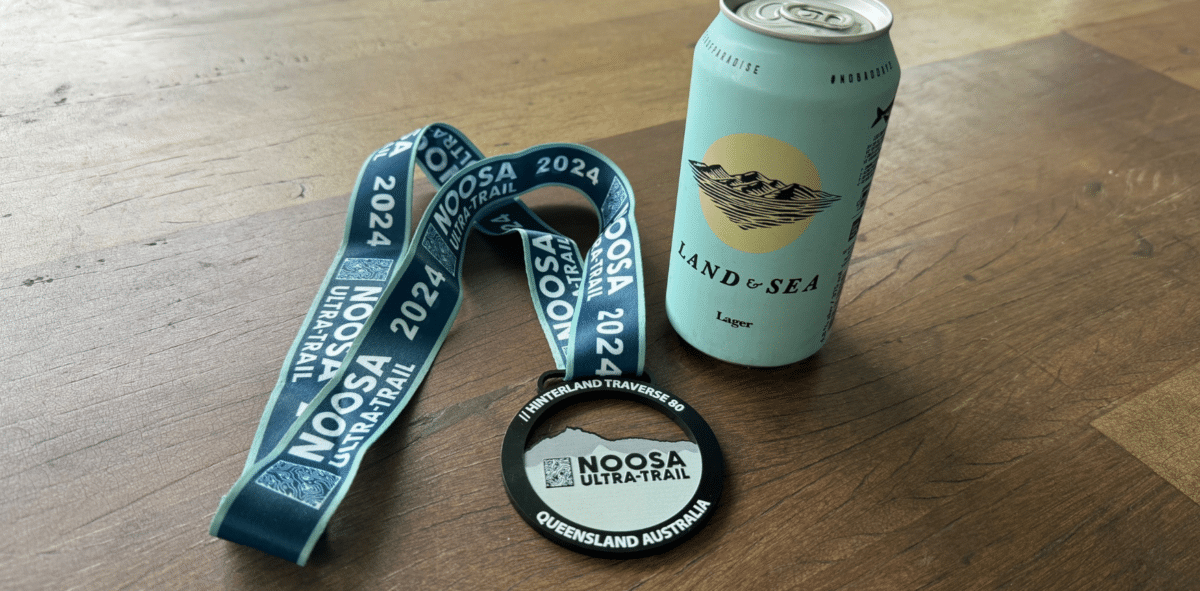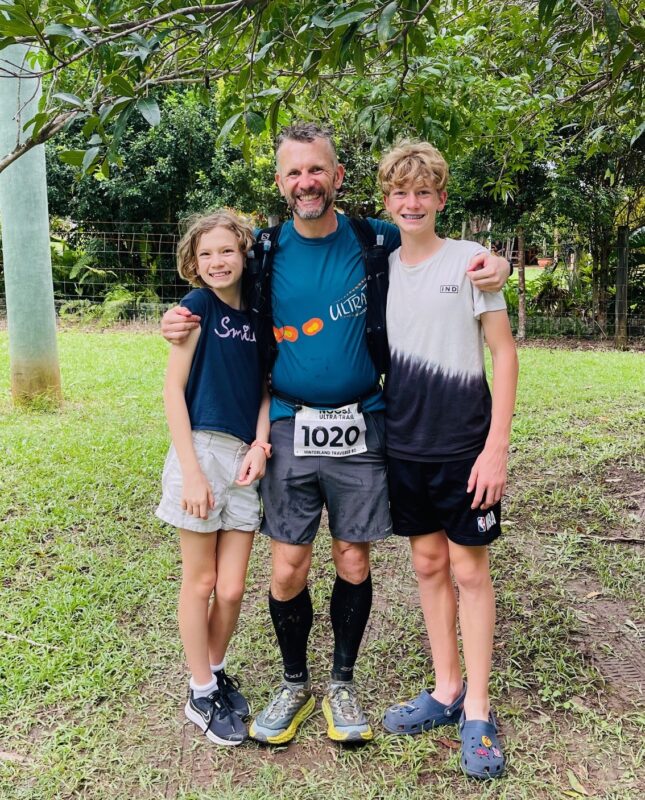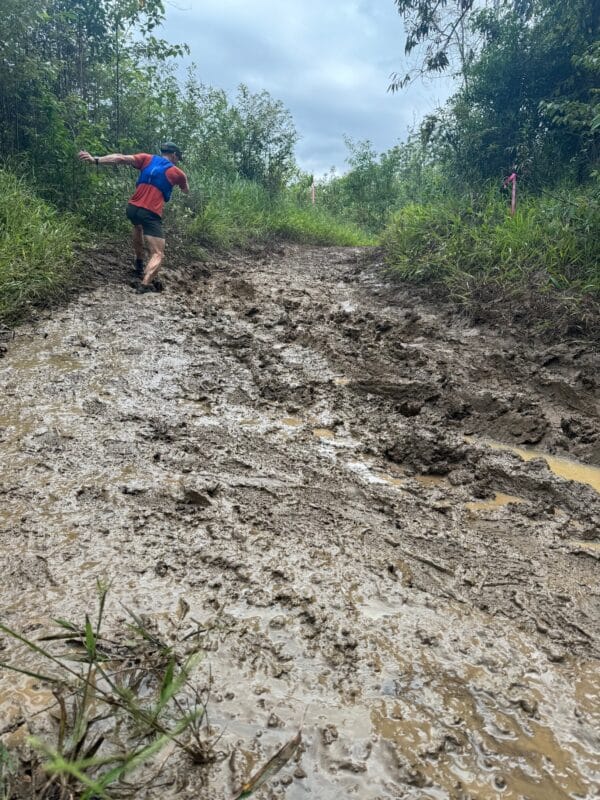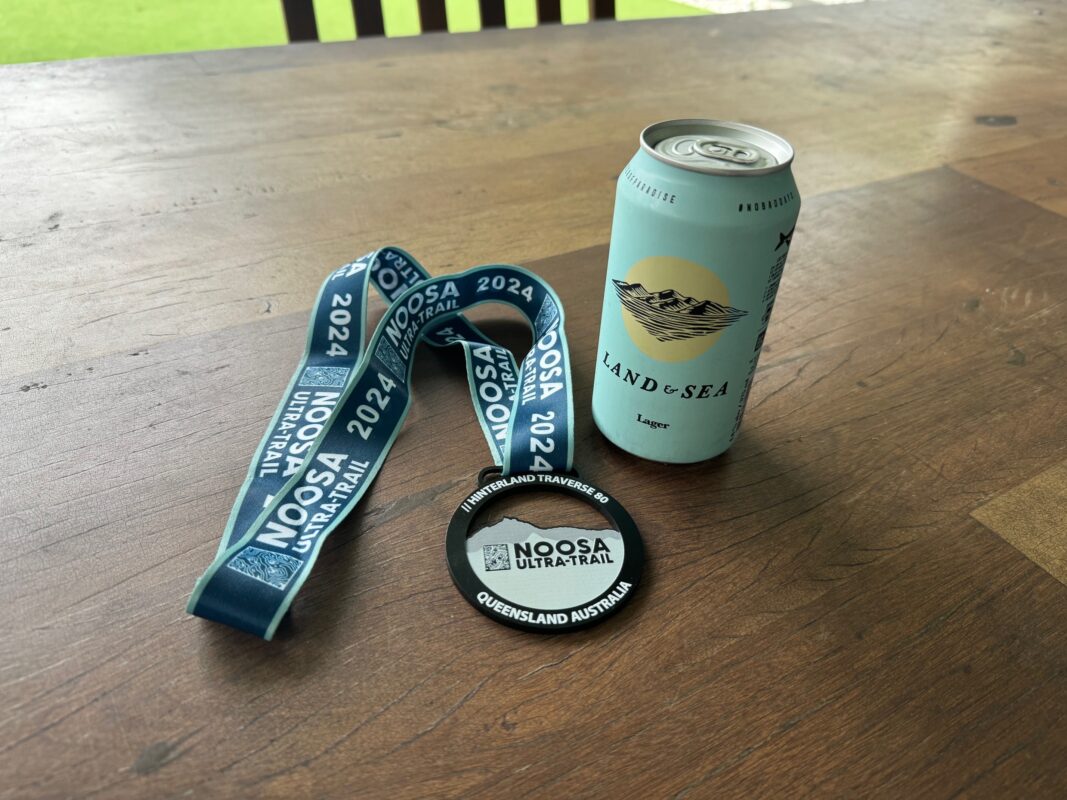
M&A and ultrarunning – the five similarities
26.3.2024Running an M&A process is similar to ultrarunning according to Mark Steinhardt, InterFinancial Executive Director. He’s done a fair bit of both so, after slogging it out over 80kms in Noosa recently, he decided to pen his thoughts on the similarities between M&A and ultrarunning.
Originally shared as an article on Mark’s LinkedIn here:
________________
A couple of times each year I participate in what’s referred to as an “Ultramarathon”. These are runs longer than a marathon (42.2km), typically on trails with varying degrees of elevation.
This is not intended to be a “humble brag” – if you saw me in the last 5km of a race, you would know there’s not much to brag about!! I do it for the challenge, to help maintain physical and mental fitness, and simply to spend some time in nature away from technology.
Last weekend I had the pleasure of participating in the Noosa Ultra-Trail 80km event. And somewhere in the 12’ish hours I had with my own thoughts, I started considering what lessons I’ve learned from running these events that I can apply to other parts of my life. So here are my 5 top tips on the similarities between M&A and ultrarunning.
1. You need to train
This should go without saying, but you can’t just go from the couch to running 80km. You need to train – regular short runs, weekend long runs increasing in distance, strength training, learning how to eat on the run and how to entertain your brain for long stretches of time. The better your training, the better your chances are of succeeding on race day (and not hating every second!!).
The same goes for M&A. You can’t expect that someone’s going to pay top dollar for your business if you haven’t done the work to get ready for a sale. Your financials and KPI information need to be in good shape. You need to understand what your objectives are for the transaction, your definition of success. You need to understand any weaknesses in your business and how they can be mitigated. Most importantly, your data needs to tell a story, something that sets you apart from other potential targets and fits with the buyer’s objectives. You might be able to sell your business without training, but more than likely it’s going to hurt like hell.
2. You need a good team
For most of my runs, I’m lucky enough to have my family along as support crew. My beautiful and patient wife sacrifices her weekend and travels all over the countryside to provide food, fresh socks, and mental support. And my kids love filling my water bottles and “helping” disperse chocolate bars. Then there are the aid stations, oases placed every 10-15km with all sorts of goodies and blister care, crewed by volunteers whose contribution can’t be overstated.
When you’re aiming to sell your business, you need a good crew. Ideally you have a few trusted senior managers who can help collect and present information in the best light – time is the number one killer of deals, so you need to be responsive and have confidence your information is accurate. Most likely, you will need a good partner or support group at home – running a sale process is stressful and you’ll need to vent every once in a while. And of course, you need good advisors. Good financial, legal and tax advice can be the difference between a podium finish and a Do Not Finish (DNF).
3. Some parts of the process will suck
One of the best pieces of running advice I’ve ever received is to acknowledge from the outset that some parts will simply suck, no matter how well prepared you are. It will rain, get hot/cold, your legs will hurt, you’ll get blisters, your stomach will turn – it will be different every race, but something will always go wrong. If you line up expecting everything to go well, you’ll be devastated when something bad happens and it will be mentally hard to get things back on track. But if you anticipate and plan for the suck, you’re much better placed to problem solve and push through for a second wind.
Likewise, there’s no such thing as an easy deal. You will disagree with the buyer at some point and need to negotiate. You’ll find something in Due Diligence that you didn’t expect or that you’ve forgotten about. Something will change in the business or the market that puts the deal at risk. You may not hit your forecast and need to have a discussion about revising the deal terms. The best way to deal with these problems is to plan ahead, and to have a team around you who’s dealt with similar situations before (refer to point 2!!). Don’t let a speed-bump ruin your race.
4. Celebrate the milestones
You can’t run 80km by focusing on the finish line. It’s simply too much for your brain to comprehend. You need to break the race up into smaller chunks and celebrate every milestone – the next check point, making it halfway, sometimes just making it to the next tree. And of course, when you do cross the finish line, smile for the camera and enjoy that post-run beer!!
A sale process typically takes 6-9 months (sometimes longer). It’s important to acknowledge and celebrate the milestones as you go through the process. Just make sure you don’t jinx things by popping the champagne too early (and don’t start spending your money until it’s in the bank – deals can and do fall over at the last minute!!).
5. Sometimes you will fail
Unfortunately, not every race ends with a medal. Some of the more difficult ultra have a DNF rate of 30% or more. Injuries, illness, bad weather – there’s a long list of reasons why things don’t go to plan, and not all of them are within your control.
Not every sale transaction is successful. Transactions fail for a wide range of reasons, either market driven or specific to the business. And the sad reality is that not all businesses are sale-able. But the good news is, you can always learn from an unsuccessful process. Never accept a simple “no” from a potential buyer. Always collect as much feedback as possible, and if your process is unsuccessful, use this to make improvements in the business and to adjust your approach for the next sale event.
Selling a business, like running an ultramarathon, is hard. But with the right preparation, the right team, and a little bit of luck, it can also be very rewarding!! See you on the trails!












